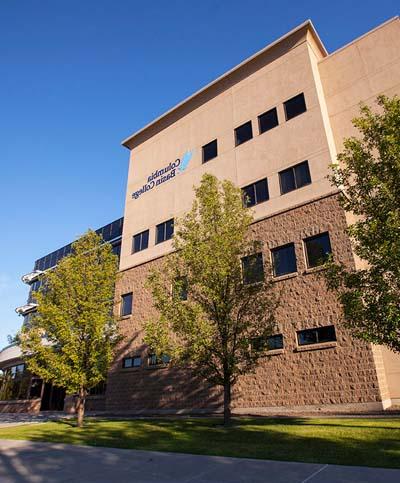Medical Imaging - Advanced Modalities
Diagnostic medical imaging utilizes several different technologies to visualize the human body for the purpose of diagnosis and analysis of medical problems.
About the Program
The certificate programs in Computerized Tomography (CT), Mammography and Magnetic
Resonance Imaging (MRI) at Columbia Basin College (网赌正规真人实体在线平台) build on the foundational
knowledge of the Radiologic Technology degree and prepare registered technologists
for exciting careers in advanced imaging.
The advanced certificate programs in Computed Tomography, Magnetic Resonance Imaging
and Mammography, are designed to address competency development required by the American
Registry of Radiologic Technologists (ARRT) for the advanced level certification exams
in their respective modalities. In addition to clinical competency, academic coursework
is offered to prepare the student for the exam administered by the ARRT. Coursework
includes sectional anatomy, physics and instrumentation. Additional clinical work
beyond the allotted clinical assignments may be needed to satisfy the minimum number
of exams necessary to qualify for the ARRT advanced level exams. The programs are
designed for certified technologists registered by the ARRT in Radiography, Nuclear
Medicine, or Radiation Therapy to receive additional training and qualification to
prepare them for advanced certification. Applicants must have graduated from accredited
programs as currently recognized by the ARRT.
We are currently updating the Request for Advanced Modalities and will have it posted
to this page as soon as we can.
Education
Individuals applying for certification in an advanced imaging modality must meet one
of the following qualifications:
• Graduation from a program in radiography accredited by the Joint Review Committee
on Education in Radiologic Technology (JRCERT),
• Registration as a Diagnostic Radiologic Technologist with the American Registry
of Radiologic Technologists (ARRT), OR
• Alternative Training as specified by DOH (see alternative training requirements
at http://doh.wa.gov/sites/default/files/legacy/Documents/Pubs/686029.pdf).
Washington State Department of Health

